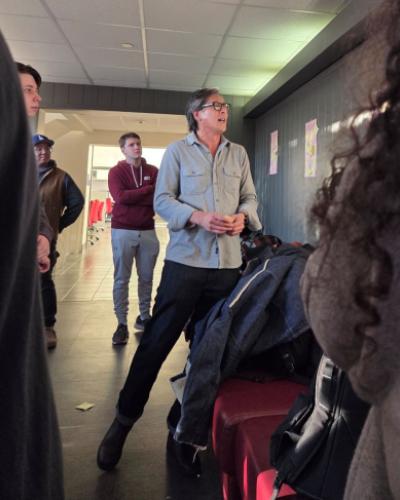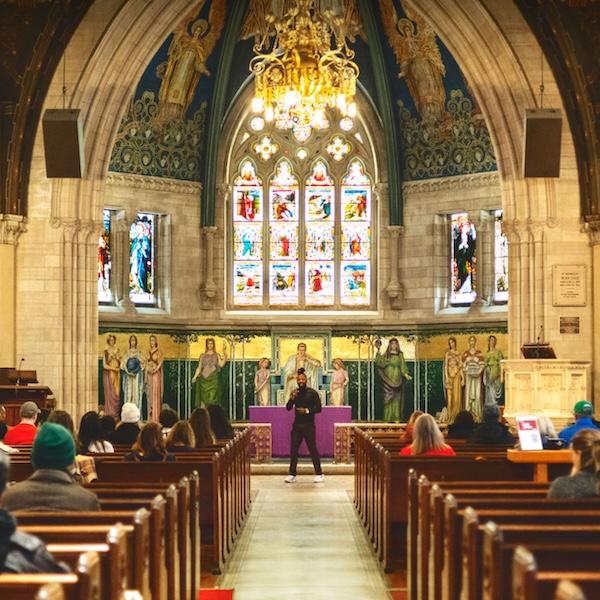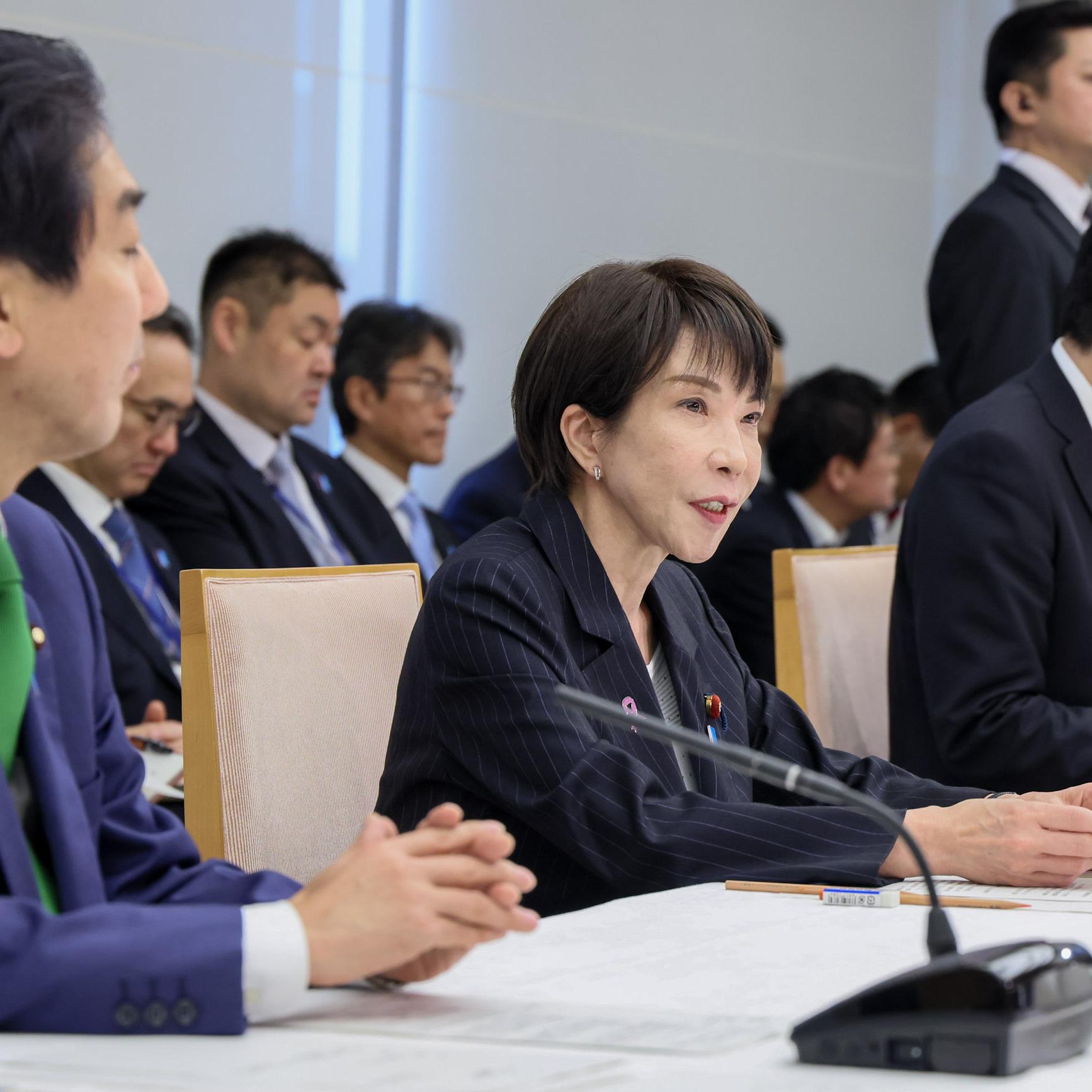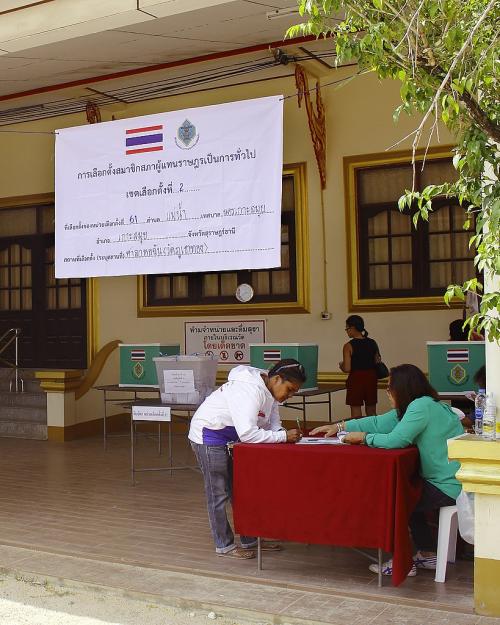Nearly a decade after Prayut Chan-o-cha was installed as prime minister in a military coup, Thailand will hold an election on May 14 that pro-democracy watchers hope will bring about reforms.
Tamara Loos is a professor of history and Thai studies at Cornell University. While a repressive human rights climate and an underperforming economy have catalyzed sentiment against Prayut; Loos says a growing dissatisfaction with the country’s conservative monarchy is what really makes this election significant.
Loos says: “Criticizing the monarchy is currently considered an act of treason in Thailand. However, citizens have pushed opposition parties to take a public stance on revising Article 112, the lèse majesté provision that criminalizes critical discussion of the monarchy. Moreover, the Election Commission prohibits parties and candidates from mentioning the monarchy under threat of dissolution and prosecution.
“The leadership of the two major opposition parties—Pheu Thai and Move Forward—have skirted around the issue of monarchical reform. Yet supporters of both Pheu Thai and Move Forward have pressed leaders to not only make their stances on monarchical reform clear, but also to make them public: this, more than the potential removal of Prayut from office is what makes this election significant.
“The voice of protesters has forced parties to take a controversial stance on the monarchy—a stance that the parties must take to keep their supporters, but do so reluctantly because it may be used to instigate their dissolution.”
For interviews contact Adam Allington, cell: (231) 620-7180, aea235@cornell.edu.
Image by Per Meistrup/Creative Commons Attribution-Share Alike 4.0 International license





